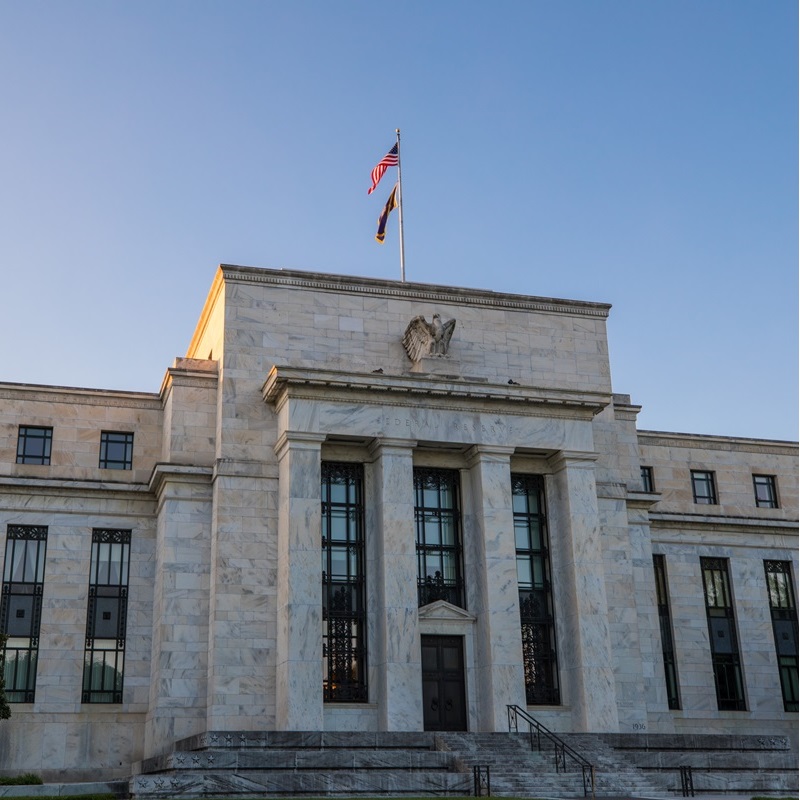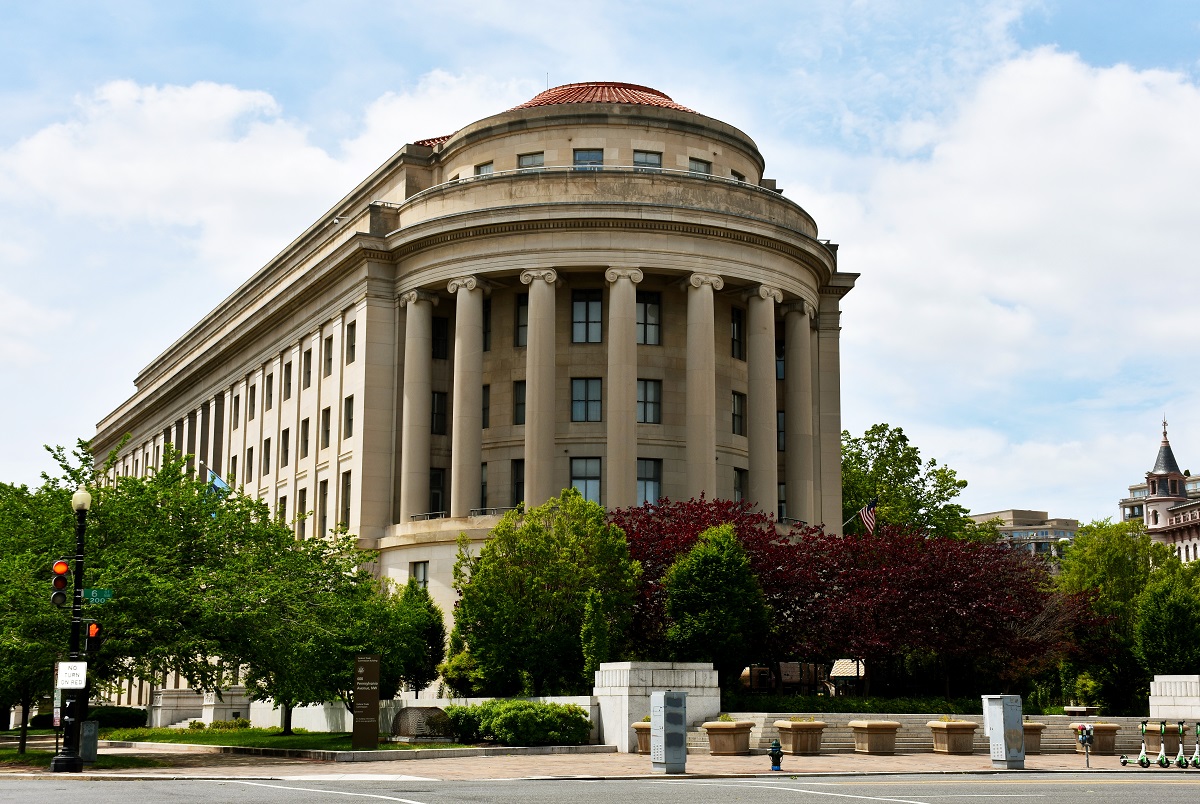A look back at bankruptcy trends and litigation in 2023 reveals a spike in bankruptcy filings driven by economic factors and fallout from the pandemic while in upper courts several interesting cases were decided involving proofs of claim, stay violations, and discharge issues.
The upward trend in data privacy legislation continued in 2023. According to the National Conference of State Legislatures, “[a]t least 40 states and Puerto Rico introduced or considered at least 350 consumer privacy bills in 2023,” a significant increase from the 200 bills in 2022.
A new law in New York, which prohibits the furnishing of medical debt to a consumer reporting agency and could create compliance concerns for the debt collection industry, came into effect on Dec. 13. The text of the Fair Medical Debt Reporting Act (FMDRA) can be found here.
The California Court of Appeal, Fourth District, recently held two borrowers’ allegations that their lender was not properly licensed were insufficient to establish an actual economic injury, necessary for standing under California Business and Professions Code section 17200, and that there was no private right of action under California Financial Code sections 22100 and 22751.
The U.S. Court of Appeals for the Eighth Circuit recently upheld the dismissal of a putative class action challenging an advertised discount as supposedly deceptive. In so ruling, the Eighth Circuit held that the named plaintiff's allegations failed to meet the "ascertainable loss" requirement under the Missouri Merchandising Practices Act.
The U.S. Court of Appeals for the Eleventh Circuit recently held that a trial court's denial of a motion for class certification was an abuse of discretion because the trial court’s analysis of Rule 23(b)(3)’s predominance requirement was based on its erroneous interpretation of the second option in section 1681n(a)(1)(A) of the federal Fair Credit Reporting Act as requiring a showing of actual damages.
The Consumer Financial Protection Bureau on Nov. 16 released its annual report regarding its activities taken in 2023 to administer the Fair Debt Collection Practices Act, spotlighting, among other topics, the collection of medical debt.
The Federal Trade Commission recently announced approval of an amendment to the Gramm-Leach-Bliley Act Safeguards Rule to require nonbank financial institutions to report to the FTC the unauthorized acquisition of unencrypted customer information involving at least 500 consumers (a “notification event”).
The Appellate Court of Illinois, First District, recently affirmed the dismissal of a putative class action for lack of standing because the named plaintiffs suffered no injury in fact to a legally cognizable interest.
The U.S. Court of Appeals for the Eighth Circuit recently affirmed the dismissal of several conversion claims brought by the estate of a deceased account holder against a bank, holding that one of the conversion claims was time-barred, and that the estate did not have standing to pursue the remaining conversion claims as the alleged injury was not fairly traceable to the bank.
The Indiana Supreme Court recently reversed the judgment of a trial court granting a credit union’s motion to compel individual arbitration and finding an enforceable agreement to arbitrate between the parties.
In an action brought by two warehouse lenders, the U.S. Court of Appeals for the Tenth Circuit recently held that multiple negligent audits of the mortgage lender borrower were “interrelated” under an auditor’s insurance policy and that the claim of one warehouse lender was “interrelated” with the claim of the other warehouse lender when they arose from the same audit.












